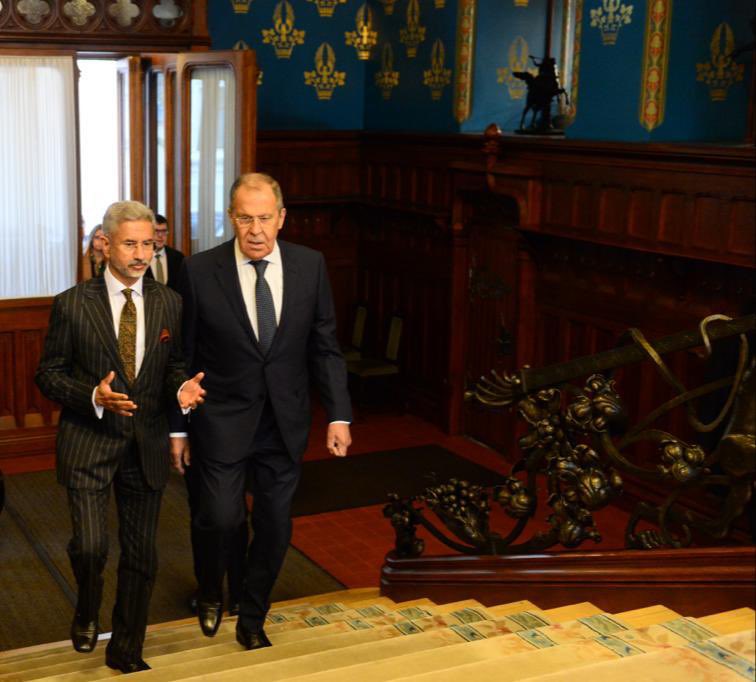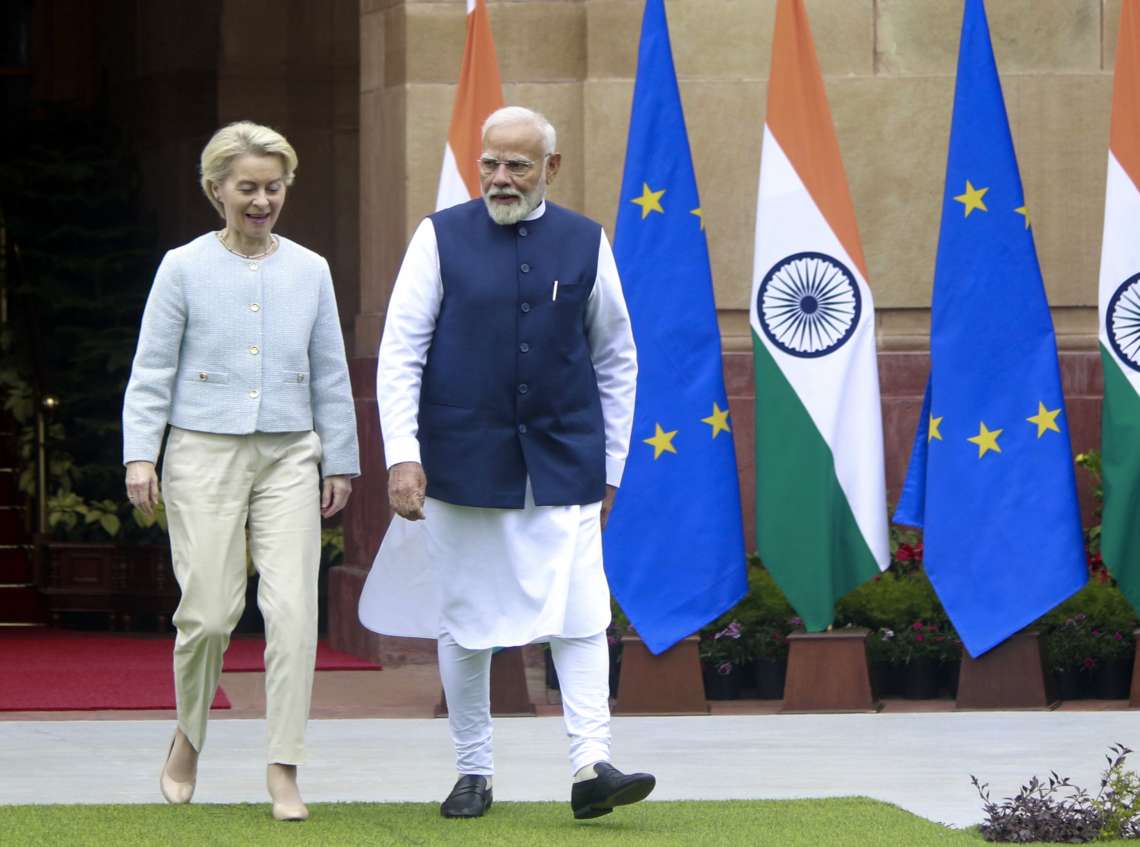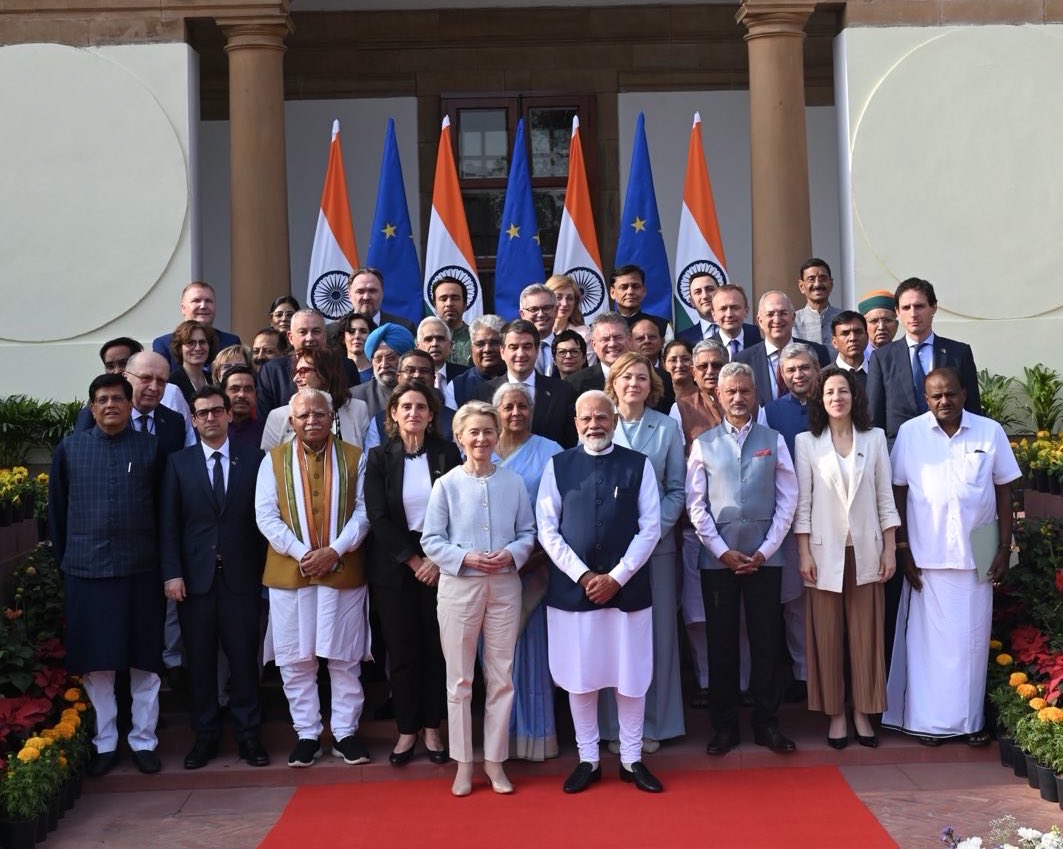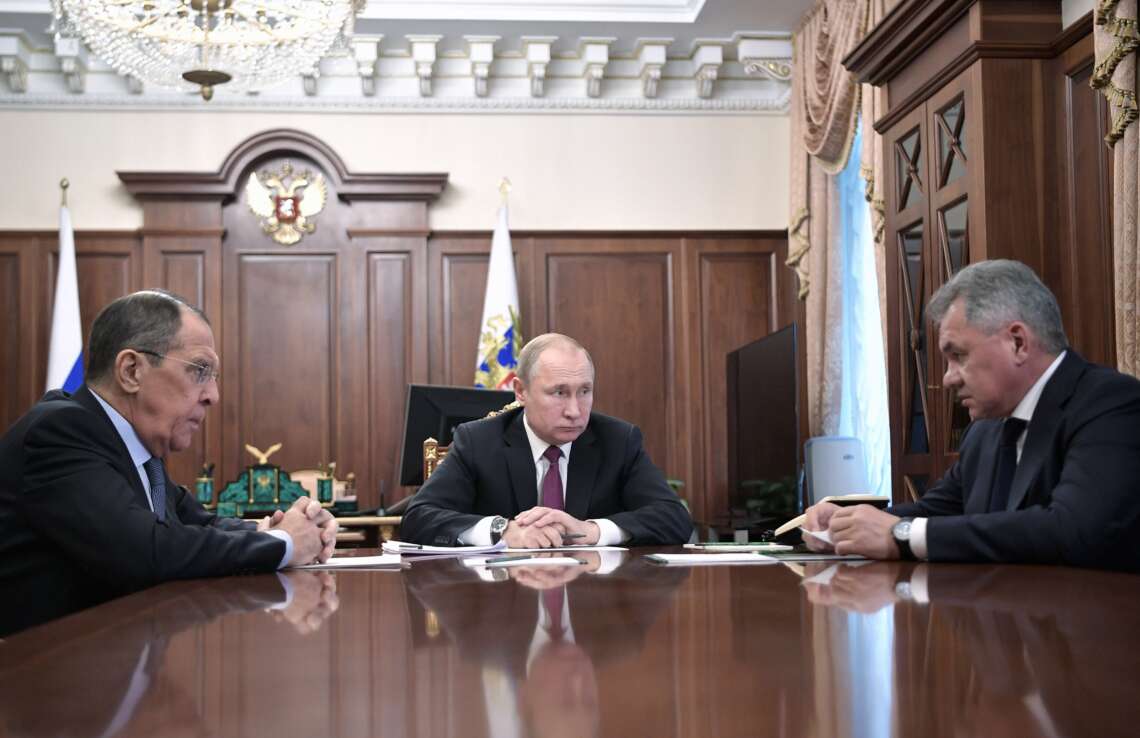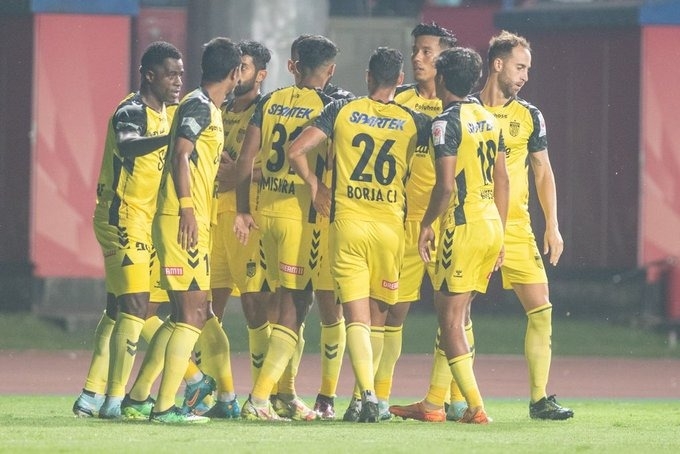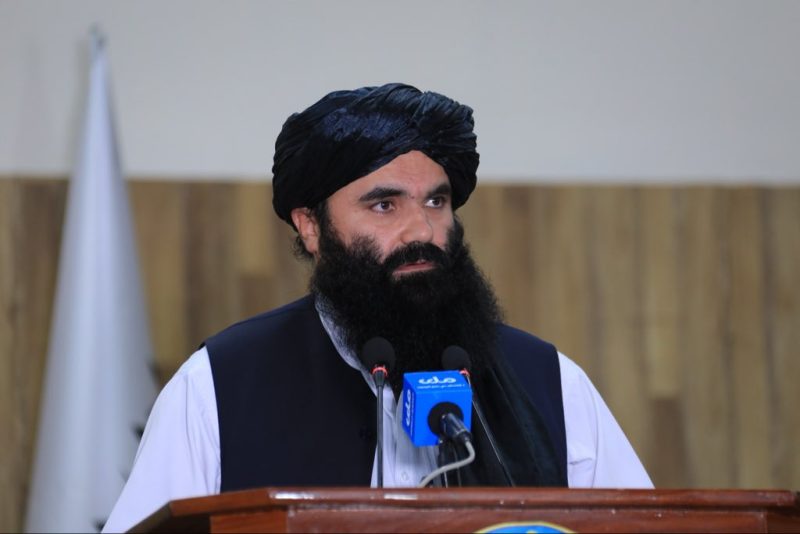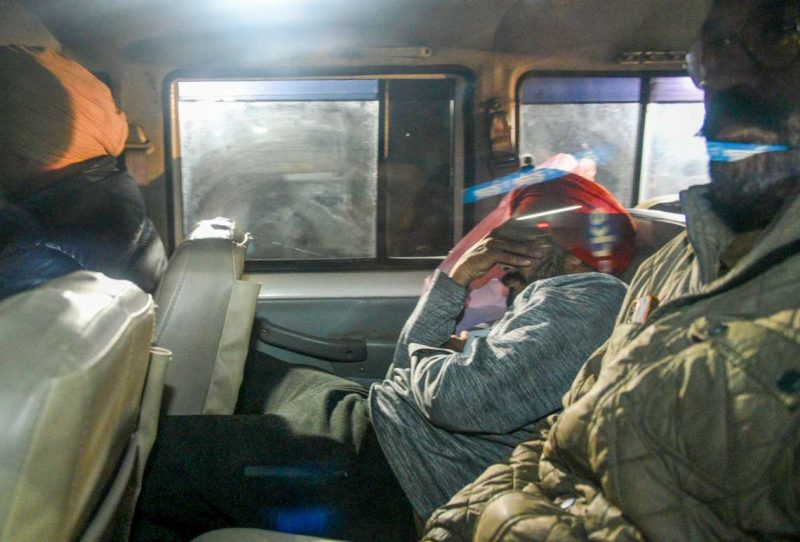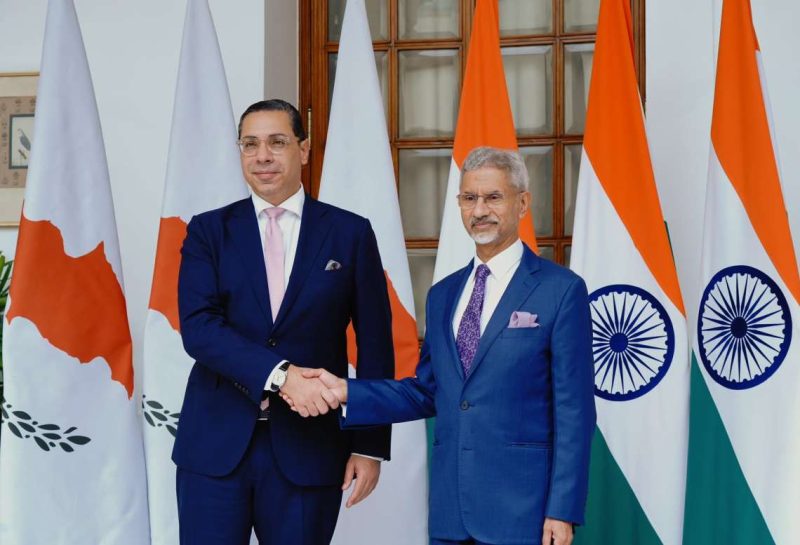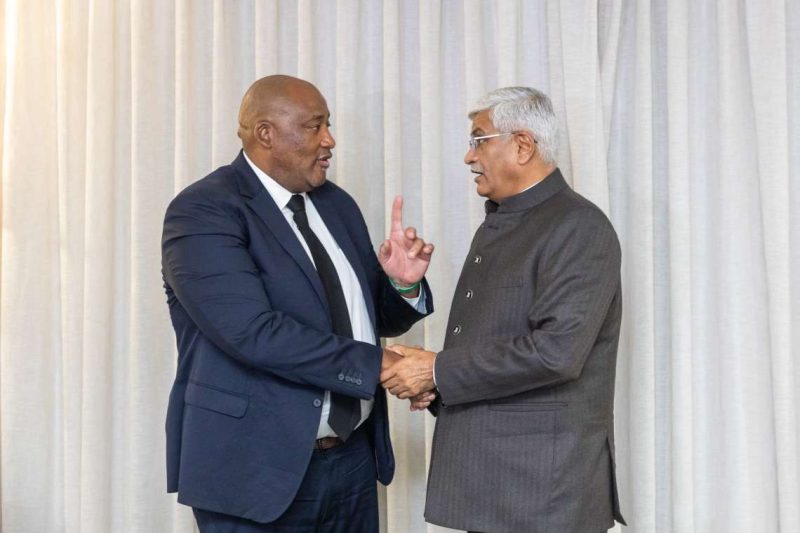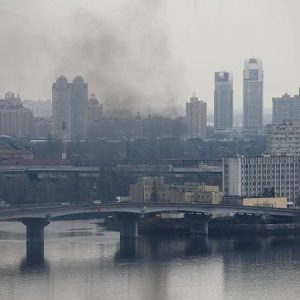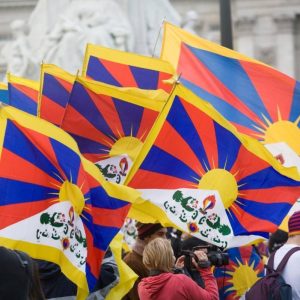India, which will become the chairman of the G20 in December, has sent clear signals to Moscow about the need to achieve peace in Ukraine and join forces in building a multipolar world, actualised by Russia’s turn to the East, writes Sergei Strokan
Indian Foreign Minister Subramanyam Jaishankar paid a two-day official visit to Moscow, which became the first high-level bilateral contact after the start of the Russian military operation in Ukraine.
There is a view here that sanctions war unleashed by the West against Russia in the wake of the Ukraine conflict has, notwithstanding the risks, has opened new opportunities for collaboration between Moscow and New Delhi.
India, which will become the chairman of the G20 in December, has sent clear signals to Moscow about the need to achieve peace in Ukraine and join forces in building a multipolar world, actualised by Russia’s turn to the East.
The programme of Subramanyam Jaishankar’s visit to Moscow was very intensive and included talks with Russian Foreign Minister Sergey Lavrov and Deputy Prime Minister, Minister of Industry and Trade Denis Manturov, who also holds the post of co-chairman of the intergovernmental commission on trade, economic, scientific, technical and cultural cooperation.
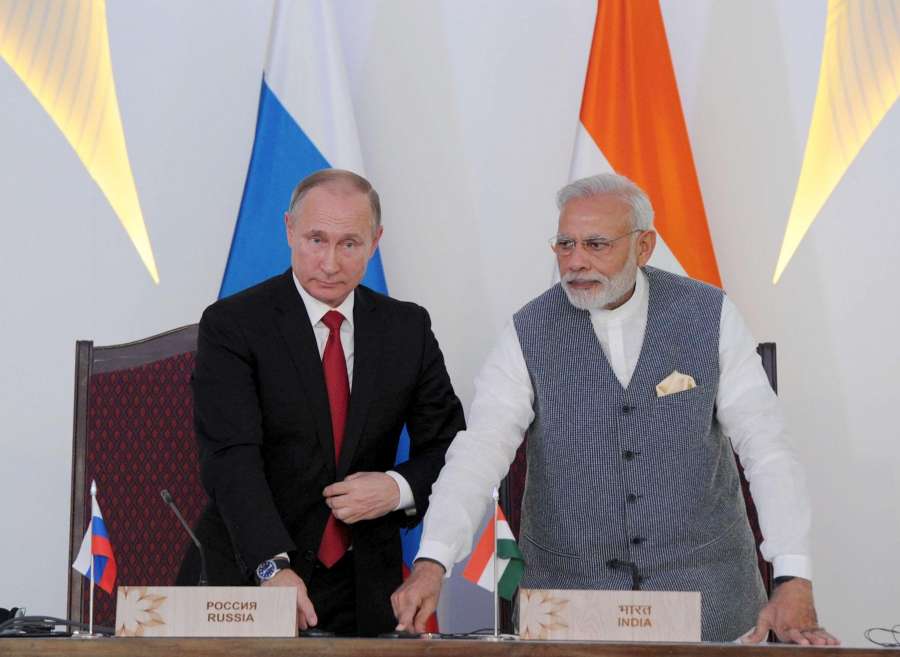
“The heads of the foreign ministries of Russia and India will discuss ways to further promote cooperation in key areas, as well as “check the clock” on the schedule of upcoming contacts. The main thematic blocks are trade and investment, transport and logistics cooperation, the use of national currencies in mutual settlements, promising projects in the energy sector, especially on the Arctic shelf and the Russian Far East,” the Russian Foreign Ministry said.
“Russia and India stand for the active formation of a more just and equal polycentric world order, and also proceed from the inadmissibility of the promotion of imperialist dictate in the global arena,” the official statement added, calling the situation around Ukraine one of the topics of negotiations.
The visit of the Indian Foreign Minister was the first opportunity for high-level personal contacts to discuss the state of bilateral strategic partnership, which is being tested by the multiplying security crises and destabilization of international relations after the start of the military operation in Ukraine.
The only member of the Indian government who visited Russia before the Indian Foreign Minister this year was Health Minister Mansukh Mandavia, who took part in the St. Petersburg International Economic Forum (SPIEF) in June.
It is now evident that Russia-India ties have been re-energised, marked by the fact that the annual trade turnover between the two countries is now moving towards $ 30 billion.
This figure, which previously could only be dreamed of, was announced in Moscow by Minister Jaishankar.
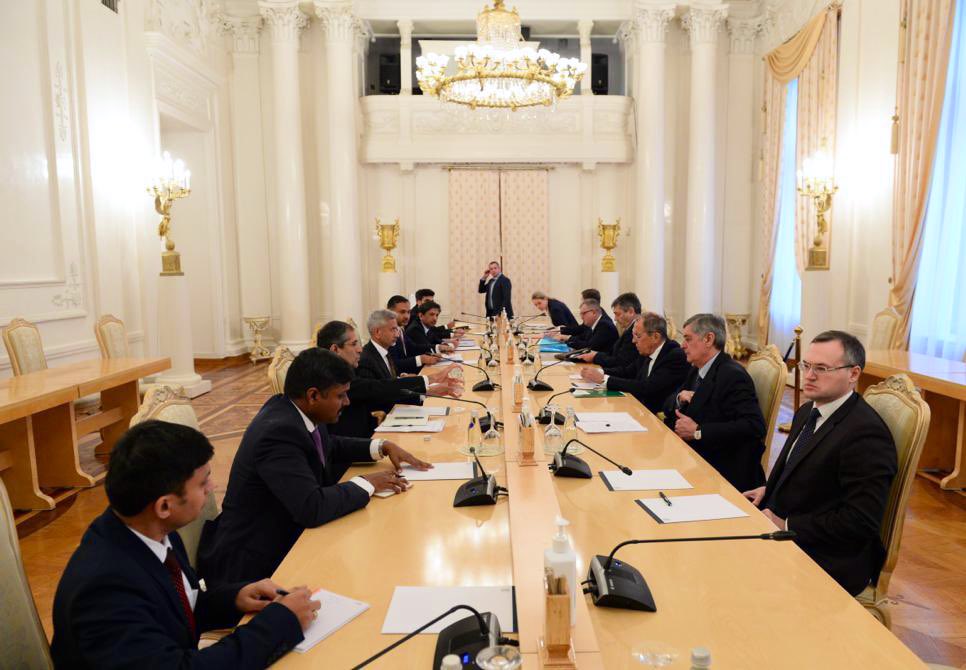
“We are confident that the goal set by our leaders – to bring the annual trade turnover to $30 billion – will soon be achieved,” Sergey Lavrov confirmed.
On the eve of the arrival of the Indian delegation, it became known that last month, for the first time, Russia came out on top list among crude oil suppliers to India. Iraq, which was confidently leading earlier, fell back to second place, while Saudi Arabia was third.
“Russian oil and gas supplies to India are one of the most important areas of cooperation in the energy sector. We have a common task. It is to ensure that this interaction is beneficial for both states. Actions in this direction are being verified and coordinated through the relevant departments,” said Maria Zakharova, the official representative of the Russian Foreign Ministry.
It is now clear that western sanctions designed to cut off the roots of Russian-Indian cooperation have had the opposite effect.
With India exercising real strategic autonomy, the sanctions forced the parties to discover new opportunities and growth points. “Despite the pressure of Western countries, we were able to maintain the intensity of bilateral cooperation and are satisfied with the dynamics of the political dialogue with India,” Russian Deputy Prime Minister Denis Manturov commented on this phenomenon after talks with the Indian minister.
As a buildup to further collaboration, Russia intends not only to increase the export of hydrocarbons to India, but also to produce them together with it, not only in the Russian Far East, but also on its Arctic shelf.
In general, the trend in bilateral relations manifested itself even before the visit of Subramanyam Jaishankar.
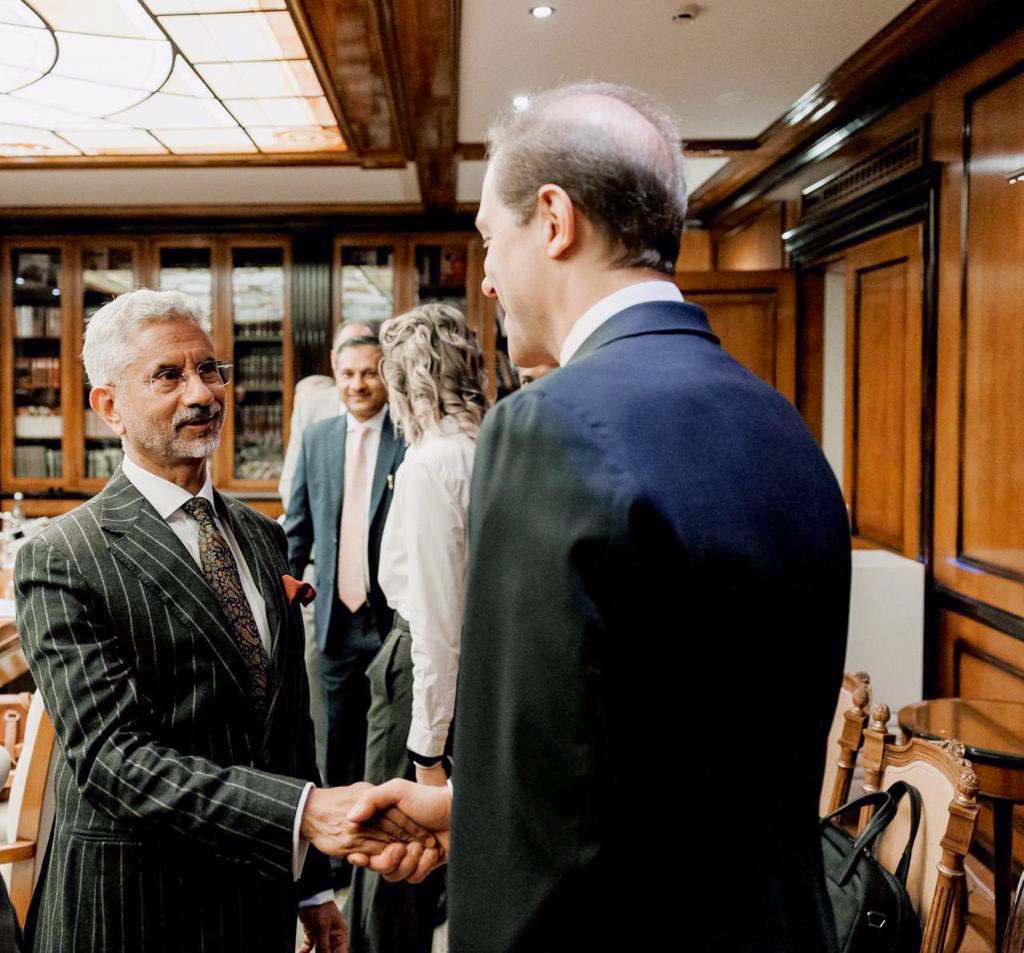
While Western companies have rushed out of Russia and many have already left the country, driven not by entrepreneurial pragmatism, but herd instinct, Indian companies, on the contrary, are going to Russia.
Indians have to offer a lot at the Russian market: pharmaceutical products, IT products, raw materials for the production of medicines, shoes, clothing, food, consumer goods, cars and much more.
Another important detail is that Indian business has extensive experience in circumventing Western sanctions, acquired in working with Iran. And in general, it has the ability to survive in extreme conditions, where another business simply would not have survived.
Therefore, even under the conditions of sanctions, Russian-Indian trade is moving up, not down.
“We are not limited by the profit maximization paradigm, which is characteristic of wild capitalism. It is important for us to preserve the spirit of Russian-Indian friendship, expressed in the formula of a particularly privileged strategic partnership. We firmly believe that neither side will allow the infringement of the interests of the other country,” Maria Zakharova notes the unique feature of bilateral relations.
So, all in all, it is impossible to divide Moscow and Delhi, no matter how hard Washington tries.
(Sergei Strokan is a veteran journalist, writer and columnist of the Kommersant publishing house based in Moscow. The views expressed are personal and exclusive to India Narrative)


